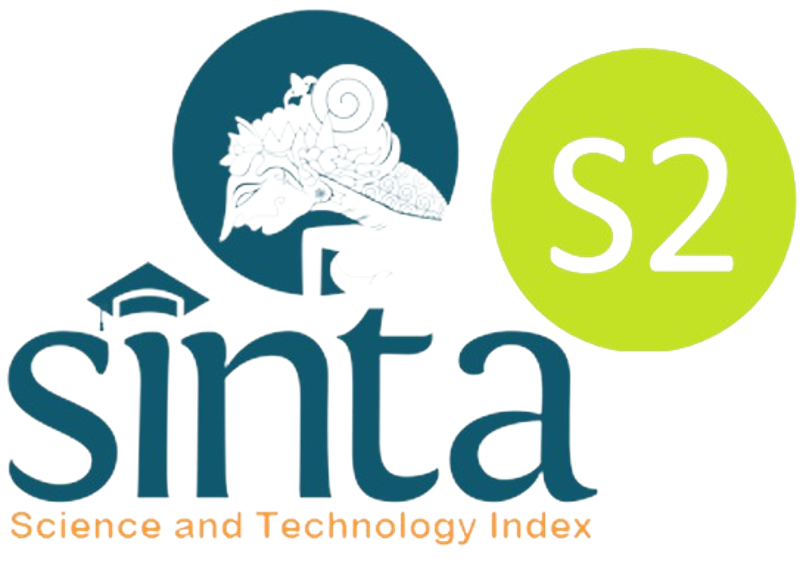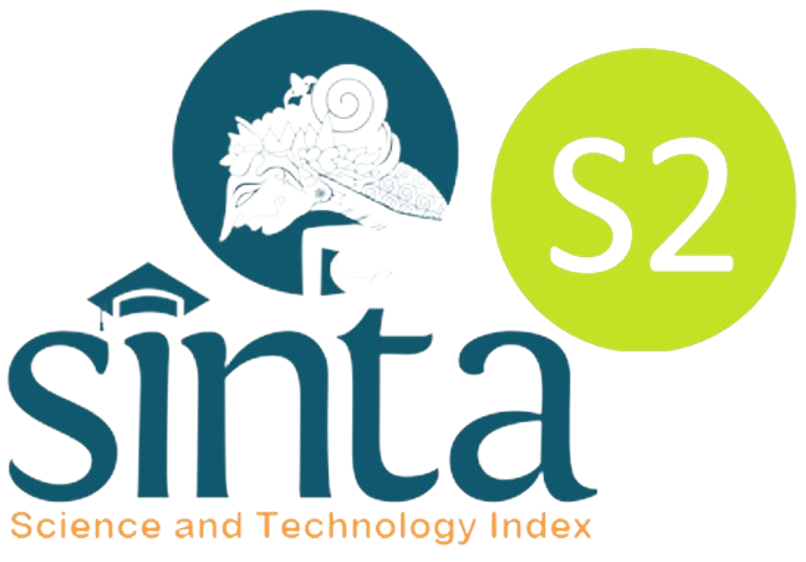ANALISIS LITERASI LINGKUNGAN SISWA SMP
DOI:
https://doi.org/10.26740/jpps.v10n2.p1976-1982Keywords:
Environmental Literacy, MSELS, EnvironmentalAbstract
This study aims to determine the environmental literacy of students at SMP Negeri 5 Taman. The sample in this study were students of class VII totaling 45 students. The collection of student environmental literacy data in this study uses the standard assessment of Middle School Environmental Literacy Survey (MSELS). Data collection techniques used in this study include interview methods and test methods. Data analysis and data interpretation in this assessment are data reduction, categorization, synthesis, and working hypothesis. The results showed that the environmental literacy of SMP Negeri 5 Taman students had an average value of 58,48%, which was sufficient criteria. The results of the study are based on environmental literacy indicators, each indicator obtains a different average value of ecological knowledge of 8,71 % (sufficient criteria), cognitive skills of 3,24% (less criteria), environmental awareness attitude of 89,11 % (good criteria), and environmentally responsible behavior of 45,20% (good criteria).Downloads
References
Abdoellah, O.S. (2016). Pembangunan berkelanjutan di Indonesia: di Persimpangan jalan.
Jakarta: Gramedia Pustaka Utama.
Febriasari, L.K & Supriatna, N. (2017). Enhance environmental literacy through problem based learning enhance environmental literacy through problem based learning. International Conference on Mathematics and Science Education (ICMScE).
Frankel, J.R, Wallen N.E., & Hyun, H.H. (2012). How to Design and Evaluate Research in Education. New York: McGraw-Hill.
McBeth, W. & Volk, T.L. (2010). The national environmental literacy project: A baseline study of middle grade students in the United States. Journal of Environmental Education. 41(1), 55-67.
NAAEE (North American Association for Environmental Education). (2011). Developing a framework for assessing environmental literacy. Washington DC: The National Science Foundation.
Nugroho, A. (2018). Aksi pendidikan lingkungan kaum muda yogyakarta dan pemanfaatan media online. Journal of Urban Sociology, 1(2), 27-41.
OECD. (2012). Environmental outlook to 2050: The consequences of inaction. Diakses dari:
www.oecd.org/environment/outlookto2050.
Orion, N & Assaraf, O.B. (2005). Development of system thinking skills in the context of earth system education. Journal of Research in Science Teaching, 2(1), 1-43.
Pratiwi, R.D., Rusdi, & Komala, R. (2019). The effects of personality and intention to act
Prayandana, S.P. (2020). Efektivitas peran United Nation framework convention on climate change (unfccc) periode 2015-2017 terhadap pencapaian sustainable development goals 7 affordable and clean energy di Indonesia. Doctoral Dissertation. Universitas Pertamina.
Pujianti, N. (2018). Analisis kemampuan literasi lingkungan siswa SMP dalam pembelajaran pencemaran lingkungan dengan menggunakan problem based learning di daerah pertanian dan pesisir subang. Doctoral dissertation. Universitas Pendidikan Indonesia.
Rokhmah, Z & Fauziah, A.N.M. (2021). Analisis literasi lingkungan siswa SMP pada sekolah
berkurikulum wawasan lingkungan. Pensa: E-Jurnal Pendidikan Sains, 9(2), 176-181.
Santoso, R. (2017). Profil literasi lingkungan siswa SMA se-Kabupaten Pemalang. Skripsi.
Semarang: Universitas PGRI Semarang.
Miller, C.A. (2012). Nursing for Wellness in Older Adults 6th ed. Philadelphia: Lippincott Wiliams & Wilkins.
Subhan, A. (2017). Pengembangan Bahan Ajar Berbasis Nilai-Nilai Kearifan Lokal Pertanian Padi di Cirebon untuk Meningkatkan Literasi Lingkungan Siswa SMP. Tesis. Bandung: Universitas Pendidikan Indonesia.
Utami, F. (2019). Upaya meningkatkan literasi lingkungan siswa SMA melalui pembelajaran berbasis masalah pada materi ekosistem. Doctoral dissertation. Universitas Pendidikan Indonesia.
Wibowo, I. (2009). Pola perilaku kebersihan: Studi psikologi lingkungan tentang penanggulangan sampah perkotaan. Jurnal Makara, Sosial Humaniora, 13(1), 37-47.
Downloads
Published
How to Cite
Issue
Section
License
Copyright (c) 2021 JPPS (Jurnal Penelitian Pendidikan Sains)

This work is licensed under a Creative Commons Attribution-NonCommercial 4.0 International License.
 Abstract views: 6003
,
Abstract views: 6003
, PDF Downloads: 6933
PDF Downloads: 6933












